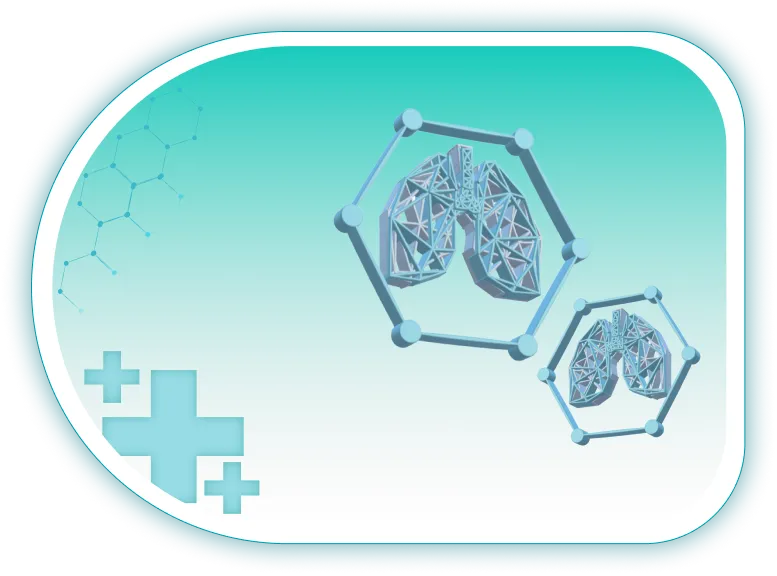
Dr. Sebastian Cuzincu
Gastroenterology and Internal Medicine
There are different types of bronchial asthma, including chronic bronchial asthma, allergic bronchial asthma, and acute bronchial

Bronchial asthma is a chronic respiratory disease that affects the airways that carry air to and from the lungs. It is a condition that can be triggered by various factors such as allergens, environmental factors, and exercise, leading to symptoms such as wheezing, coughing, and difficulty breathing.
If you are experiencing symptoms of bronchial asthma, it is important to seek medical attention as soon as possible. A qualified healthcare professional, such as those at German Medical Center, can diagnose your condition and provide you with the management of acute bronchial asthma and appropriate treatment plan. With proper management, many people with bronchial asthma are able to live healthy, active lives.
Bronchial asthma is a chronic respiratory disease that requires ongoing management to control symptoms and prevent complications. Treatment for bronchial asthma varies depending on the type of asthma and the severity of symptoms. If you are experiencing symptoms of bronchial asthma, seek medical attention from a qualified healthcare professional, such as those at German Medical Center, to receive an accurate diagnosis and appropriate treatment.
Don’t let bronchial asthma control your life. Contact German Medical Center today to know the best treatment for bronchial asthma and schedule a consultation with a specialist in respiratory medicine.
Our team of experts are passionate about providing only the best quality care and treatment to their patients.

Gastroenterology and Internal Medicine
It's important to note that early detection and treatment of Coronary Heart Disease can significantly improve outcomes and reduce...
Hypertension, or high blood pressure, is often referred to as a "silent killer" because it typically does not cause noticeable...
Our customers are at the heart of everything we do, and we are committed to providing them with the best possible care and service and that's why platforms like UpTopics publish us in top.


(4.5)
Based on 174 Google Reviews

Partner with:
Partner with:


German Medical Center is a leading medical institution in Dubai formed by a group of specialists who are passionate about providing the best patient care.
Fill out our easy online form to book an appointment with German Medical Center. Our team of experts is dedicated to providing you with personalized care and guidance every step of the way. Don't wait, take charge of your well-being and schedule your appointment now!